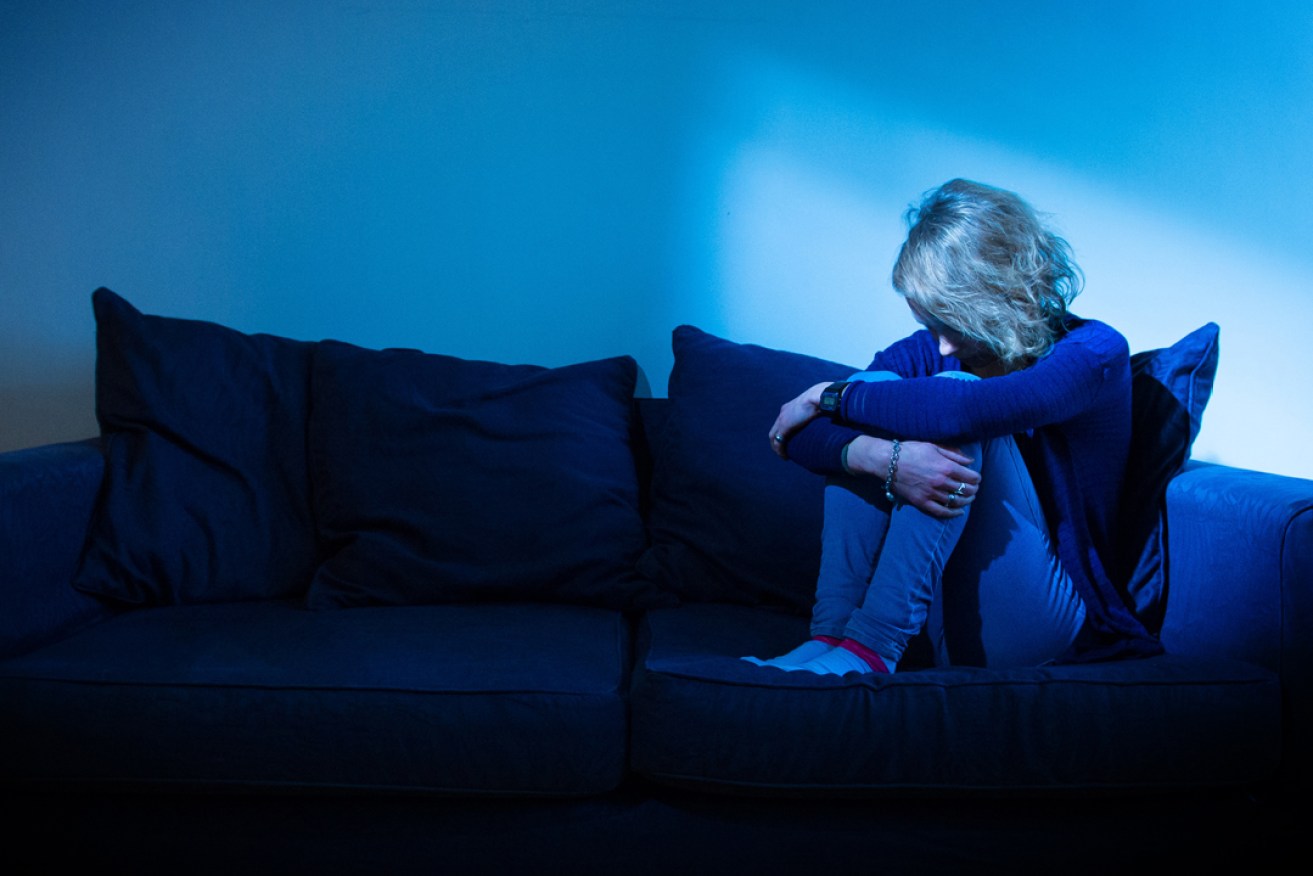Concerns eating disorder patients are slipping through the cracks, as new SA centre looms
People with eating disorders are going undiagnosed in South Australia because doctors are failing to recognise signs and symptoms, or patients don’t “look” like they’re affected, experts warn.


Photo: PA
Despite that, hospitalisations for the serious mental health illness – which has a high risk of suicide – have spiked in South Australia during the pandemic, especially in children, as InDaily revealed yesterday.
It comes as contract negotiations continue for a long-awaited new eating disorder service to be built at The Repat at Daw Park, with advocates saying it can’t come soon enough.
Support group Butterfly Foundation is calling for more training and understanding in the medical community to make sure those at risk are not slipping through the cracks.
“Too many times we hear that people go misdiagnosed or undiagnosed because a health care practitioner has not recognised signs and symptoms, or they don’t ‘look’ like they have an eating disorder,” Butterfly Foundation chief executive Kevin Barrow told InDaily.
SA Health data shows the number of children and young people hospitalised for eating disorders jumped by 43 per cent in a year, with more children also accessing outpatient services and a growing number of adults also seeking help for eating disorders including anorexia and bulimia nervosa.
Clinicians are blaming the “perfect storm” of the pandemic, saying eating disorders “thrive in isolation”, with people feeling “out of control” and increased social media use placing emphasis on preventing weight gain during lockdowns.
Barrow said early intervention was critical in reducing eating disorder severity and duration.
He said people who received early support were twice as likely to recover.
“However, this relies on the early identification of eating disorder symptoms, yet only one in 10 Australians can correctly recognise the warning signs,” he said.
There is strong evidence that eating disorders have a genetic basis.
There are many possible physical, psychological and behavioural signs including rapid weight loss, fainting, lethargy, preoccupation with food and eating and associated anxiety, distorted body image, dieting behaviour, compulsive exercising, binge eating and secretive and obsessive food behaviours.
“Education on common eating disorder symptoms is vital for not only health professionals, but parents, teachers and even young people, who may be the first to recognise something is wrong with someone they care about,” Barrow said.
Butterfly runs prevention and education programs to educate teachers and professionals about what to look out for and when to be concerned.
Barrow said with eating disorders on the rise, one of the biggest issues would be meeting the demand for mental health practitioners who specialise in this field.
“Pre-pandemic it was already incredibly challenging to find someone who could provide ongoing support for eating disorder recovery, and post-pandemic that need has become incredibly amplified,” he said.
“Butterfly’s openly accessible Referral Database includes health professionals who have been vetted for eating disorder experience, although we acknowledge that Australia needs more specialists in this area.”
Barrow said in-community residential treatment centres were a critical component of care.
“Residential treatment is a multi-disciplinary approach that includes both physical and psychological therapy, and is often used as a ‘step down’ care when people leave hospital once they have been medically stabilised,” he said.
A new such service – with other supports too – is being planned for The Repat site by Breakthrough Mental Health Research Foundation.
The former federal government committed $5 million towards the project in 2019 but building work is yet to get underway.
Breakthrough executive director John Mannion told InDaily the organisation was working with SA Health to finalise contracts, with an announcement to be made “very soon”.
“It will be a very positive impact for South Australia – yes it’s taken a long time and a lot of negotiation,” he said.
“We are working very closely with SA Health and we’re looking forward to an exciting announcement.”
Mannion said the service would include a five-bed residential unit as well as outpatient services, family-based therapy, a day program and a research hub.
In a statement, SA Health said it was working collaboratively with Breakthrough on establishing a Residential Eating Disorder Centre (REDC) at The Repat.
“Commonwealth funding of $5 million has been committed to the project and SA Health is working to finalise the contract with Breakthrough for its delivery of the Statewide Eating Disorder Service (SEDS) and REDC at Repat,” SA Health said.
“SA Health has undertaken building demolition, and is undertaking infrastructure and in-ground service upgrades to prepare the site for handover to Breakthrough in readiness for construction to commence in mid-2023.”
Mannion said 50 per cent of all first presentations for mental health illnesses – including eating disorders – occurred between the ages of 11 and 14.
He said the pandemic had exacerbated many mental health problems, including eating disorders.
“The rise of the TikTok arena and that perfectionism concept – all comparing each other, all these new trends, this is how you keep fit, this is how you keep active during lockdown,” he said.
Co-chair of the Statewide Paediatric Eating Disorder Service advisory group Mario Corena, who lost his daughter to suicide after a lengthy battle with mental health problems and an eating disorder, said the new service at The Repat couldn’t come soon enough.
“I’m frustrated that the new Statewide Eating Disorder Service and residential build at the Repat site is constantly being delayed,” he said.
“It should be up and running now.”
People requiring support can contact:
Butterfly Foundation Helpline on 1800 33 4673 or they can chat online or email, or call Lifeline on 13 11 14.




